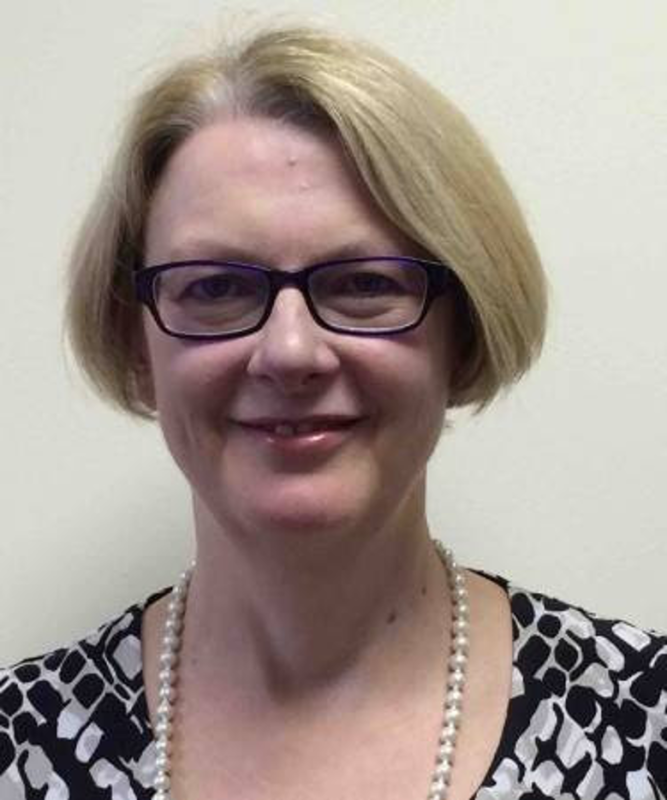In The News
The Care Quality Commission (CQC) has developed a single assessment framework to inspect and regulate health and social care providers. In 2022 the CQC announced it was replacing its regulatory system by transition to a single assessment framework.
The move came in response to the pandemic highlighting practices that were no longer needed or suitable. The CQC's stated ambition is for the model to address these shortcomings by streamlining their three previous different assessment frameworks for hospitals, adult social care and primary medical care, into one. Its aim is to be both more reactive and to deliver a more person-centred care system.
Andrew Cozens, an independent social care and health specialist, notes that the CQC’s new approach strikes a “fresh note”, due to their focus of “putting people who use local health and care services… [at the] centre of the process”.
Prior to his appointment as CQC chief inspector, James Bullion, raised concerns about the new system. When asked about the decision to use single word ratings during the first two years of the practice, he said, “for a good period of time we are going to struggle for fairness”.
Whilst there's hope that the new system will simplify the CQC's findings, there are concerns that the reports could become too watered down as some providers feel current ones are already too vague.
David Fothergill, community wellbeing board chair at the Local Government Association (and a previous contributor), stated he didn’t think it could “adequately reflect how a council is performing across the wide spectrum of services that comprise adult social care or adequately reflect the local context”.
The CQC issued a response to queries over the changing system, stating that “we may need to adapt our plan along the way”. They acknowledge that this transformation remains “complex” and their approach remains focused on “listening”. More details on how the Commission will roll out these changes aren't scheduled to be revealed until later in the year.
We further explore the CQC’s new assessment framework whilst interviewing Sheila Norris, joint chief executive of the Association of Directors of Adult Social Care Services (ADASS). Meanwhile, Ed Watkinson, residential care & inspection specialist and director of Watkinson Consulting, also shares his take on the potential troubles providers could face under this new system.
INTERVIEW
This month we sat down with Sheila Norris, Joint Chief Executive of the Association of Directors Adult Social Services (ADASS), to get her take on the CQC's new assessment framework.

Why has ADASS called for a delay in the implementation of the new ‘assurance’ assessment framework?
ADASS supports a transparent approach to adult social care. When ‘assurance’ was originally proposed we instead advocated a reform, funding and a long-term plan led approach. However, to ensure an effective outcomes based assessment approach for those who draw on social care, support, and safeguards, we have worked closely with the CQC and others to develop the methodology.
Last winter, we called for a delay to the introduction of the assessments so that services could focus their resources on supporting people during the winter crisis. With a handful of pilots this summer and initial full assessments in the autumn, this staged approach should enable the CQC to test, learn and refine their approach.
What could have been done to better prepare local authorities for ‘assurance’ going live on 1 April 2023?
Local authorities would have been better prepared if key documentation, such as the CQC’s local authority assurance framework, had been published at an earlier stage. We are still awaiting the publication of key elements of the assurance process.
In the absence of the timely publication of these documents, local authorities, ADASS regions and national ADASS, working in partnership with LGA as Partners in Care and Health have undertaken a significant amount of preparation work, including self-assessments, annual conversations, peer reviews and mock inspections, etc.
In the long term, do you believe the shift in assessment responsibility will improve or weaken understanding of care provision and integration in local areas?
Last winter, we called for a delay to the introduction of the assessments so that services could focus their resources on supporting people during the winter crisis
The CQC’s local authority assessment provides an opportunity to raise the profile of adult social care, while offering greater transparency surrounding the effectiveness and quality of care services. The CQC’s assessment framework will look at how local areas co-produce services with people who draw on care and support.
Local authorities will have the opportunity to highlight the work that they’ve done to improve access to care services because of the implementation of assurance, for example, through the CQC, including a focus on social care waiting times in their assessment framework.
Once fully operational, the new assessments will offer greater understanding of the effectiveness of integrating services and whether these are making people’s lives better.
What are the advantages of continuous assessments compared to one-off assessments?
Continuous assessments provide a barometer by which local authorities can learn and reflect on what they do well and what they can improve upon. The findings underpin their improvement plans and activity, which will be supplemented by the Sector Led Improvement offer from Partners in Care and Health (Joint ADASS/LGA). Each local authority will be subject to a CQC assessment on a two-year cycle, providing local residents with certainty that there will be regular scrutiny of adult social care in their area.
However, while the Government wants individual ratings for each council, it’s important any single word rating is presented clearly alongside a narrative and potentially sub-ratings across the assessed themes. A single word rating alone wouldn’t show the public how good different parts of the service are. Ofsted’s inspections of children’s social care show the detrimental impact a negative single word judgement can have.
opinion
Ed Watkinson, residential care & inspection specialist and director of Watkinson Consulting, discusses the CQC's Single Assessment Framework and asks whether it's an opportunity or a threat.

As part of its strategy launch, in 2021 the CQC heralded a new inspection approach for social care services focused on four pillars: people and communities, smarter regulation, safety through learning, and accelerating improvement.
However, the pandemic prompted a step change in how local authority social care services were delivered, including ‘virtual’ learning, communication, and information sharing. Many of these changes have remained. To adapt, the CQC has trodden an uneasy path to develop technological solutions and new ways of working with services.
Initially scheduled to launch at the start of the year, the new inspection and assessment framework has been delayed.
On the face of it the changes do not seem too radical – all services are going to be rated using the same four-point scale, and the overarching criteria of whether services are safe, effective, caring, responsive and well led will still be the drivers of any assessment.
However, there are some major changes that are proving difficult to implement.
One notable example is the CQC’s commitment to a Single Assessment Framework based on the same criteria for every registered service. This is a laudable aspiration that, on paper, should go some way to addressing the historical concern of a lack of consistency. But, practically it may compound the issue as services are all different, have different priorities, and work in different ways but still achieve excellent outcomes.
There is also a concern that the CQC will be increasingly reliant on evidence provided to them from a range of sources to reach a judgement about a service
There is also a concern that the CQC will be increasingly reliant on evidence provided to them from a range of sources to reach a judgement about a service. This evidence may be highly subjective. There is also the potential for challenges being made by providers against the CQC, asking them to justify and explain their thinking.
The idea is that ‘inspection’ will be a remote continuous assessment, instead of a site visit, using observations to come to a decision. This ‘desktop’ process is fraught with difficulty – how do you fully understand a service, appreciate the quality, or what the outcomes are for people using services without observing, talking and building relationships?
Although the CQC has limited resources, assessing this level of risk using an algorithm is challenging. I can see organisations learning how to play the system, providing a smokescreen for poor care and practice.
The Single Assessment Framework may allow the CQC to function as a high-quality, trusted regulator, but I fear that the ‘feeling’ of person-centred care will be missed in the drive to use data to inform the public about services.
I can see the system being ‘drowned’ in data, providers not understanding what they need to share with the CQC, and the CQC having limited resources to undertake assessments. There could be legal challenges made by providers against judgements reached and may undermine the regulatory process and increase the pressure on the CQC.



